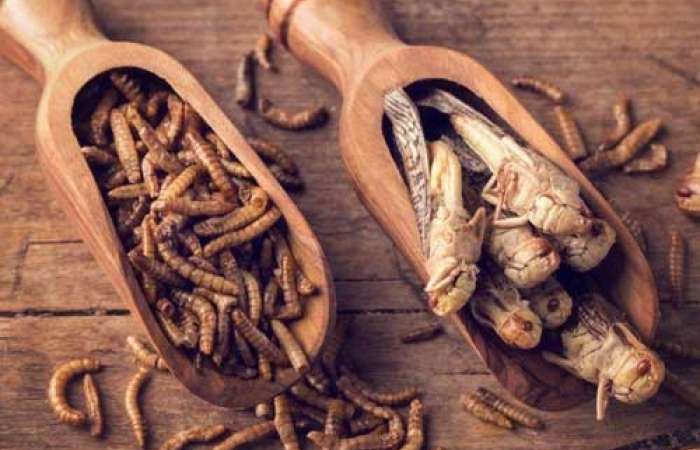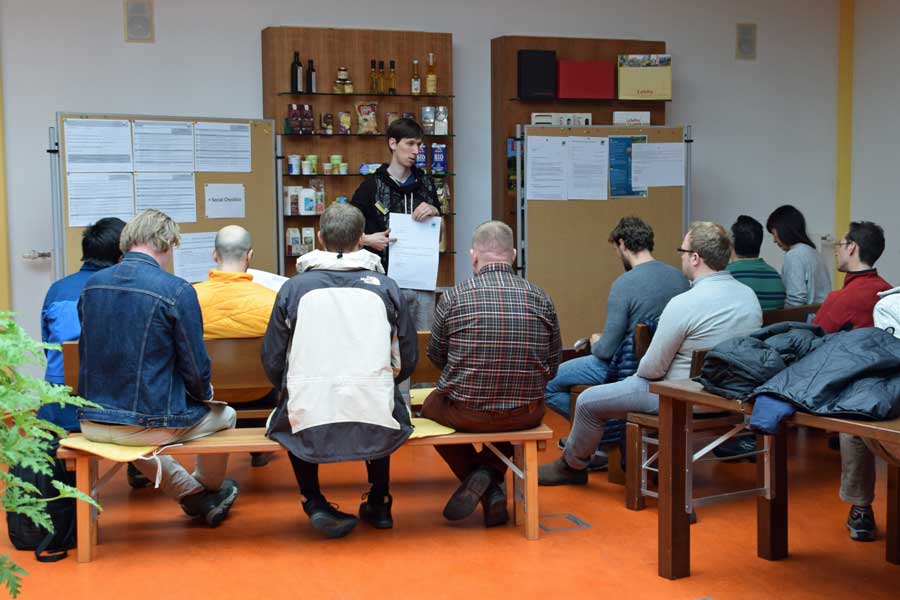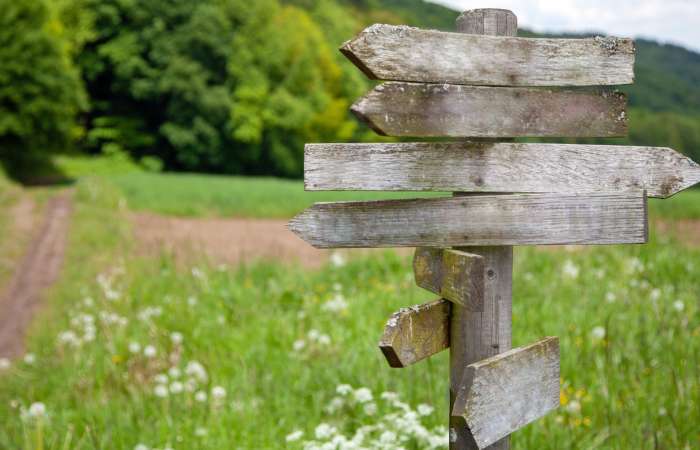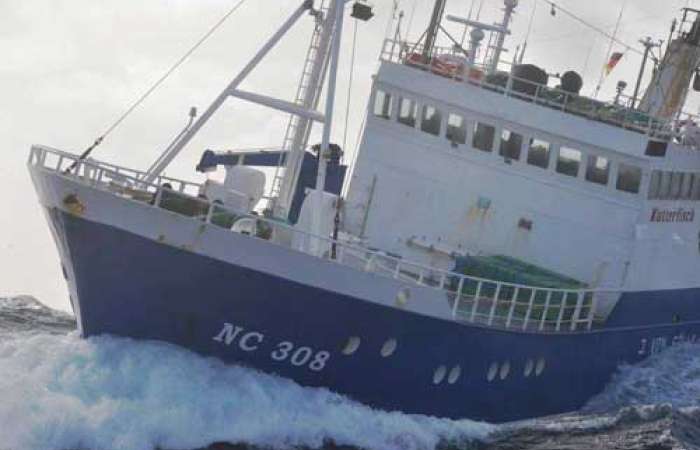Quality
TOP PRIORITY:
QUALITY ASSURANCE
Ensuring that the Naturland requirements are implemented on our farms and during product certification is our top priority. To facilitate this, we rely on a range of different QA instruments at all stages of the acceptance process. The aim of all our quality assurance measures is to consistently guarantee the highest level of quality, transparency and therefore safety for consumers in our Naturland products, and to make all the raw materials in all of our products traceable right back to their origins. In doing so, we make a point of regularly examining our existing processes and continuously improving them.
Our key instruments for quality assurance are as follows:
KNOWING OUR FARMS
We examine each new farm to ensure it can meet all the Naturland requirements before initial certification. We also visit farms on a regular basis, and in many countries the farmers have access to local contacts who can visit them on farm within a short time frame. We are committed to providing our producers with the appropriate level of professional advice on how to implement and adhere to the Naturland standards through recognised experts.
See also: Naturland standards
RISK-ORIENTATED INSPECTIONS
Each Naturland farm is inspected at least once a year to ensure all the Naturland standards and requirements are being implemented on site. In addition to a main inspection once a year, regular, unannounced spot checks and targeted, farm-specific inspections are carried out depending on the perceived risk.
See also: Inspection & certification
COOPERATION WITH INSPECTION BODIES
Naturland works closely with competent, government-approved inspection bodies worldwide. The inspection bodies we engage are regularly trained and evaluated for their performance. The inspections are carried out in close consultation with us.
STATE-OF-THE-ART SOFTWARE
We handle the entire inspection and certification process from application submissions and inspections through to certifications and certificate issuance using ultra-modern software (Intact platform) to ensure data and information security and full transparency across all our processes at all times.
SPECIAL REQUIREMENTS FOR PRODUCER GROUPS
To facilitate the inspection and certification of producer groups, Naturland implements its own stringent requirements with regard to their structure and internal controls.
Your Contact
ANIMAL WELFARE AND FEED QA
We prioritise sensitive areas with a greater need for quality assurance, such as raw materials authorisation for animal and human consumption, implementation of animal welfare measures, transportation, slaughter and social responsibility and ensure they are regulated and implemented using stringent processes.
EXPOSURE LIMITS AND TESTING
In certain key areas, Naturland stipulates how any potential contamination should be handled and sets exposure limits accordingly. Farms must provide evidence of their compliance with these exposure limits through appropriate testing. We also conduct our own tests in suspected cases.
INFORMATION FOR FARMS
We support our farms by providing additional information on how to correctly implement the Naturland requirements. For example, we have a Naturland supplies list, which is easily accessible to our farmers via the homepage. It lists specific products for activities such as fertilisation, plant protection, plant strengthening, cleaning and disinfection, as well as feeding, to ensure that only authorised supplies are used.
INTERNAL AUDITING
We specify each process in writing in our Naturland Quality Assurance Manual. We regularly verify that our internal processes are being implemented and continuously improve them with the help of experts.
CONTINUOUS PROCESS IMPROVEMENT
Naturland is actively engaged in continuous dialogue with a wide range of associations and organisations with the aim of standardising, expanding and improving its requirements and processes in areas such as animal welfare, transportation, slaughter and traceability.
NATURLAND Standards
We compile our own set of standards and continually expand and improve them. We set our requirements above the legal minimums set out by the EU regulation on organic production and include requirements for areas that are not yet covered by the EU regulation, such as social responsibility.
See also: Naturland standards
© Header Image: GAS-photo/Shutterstock.com







